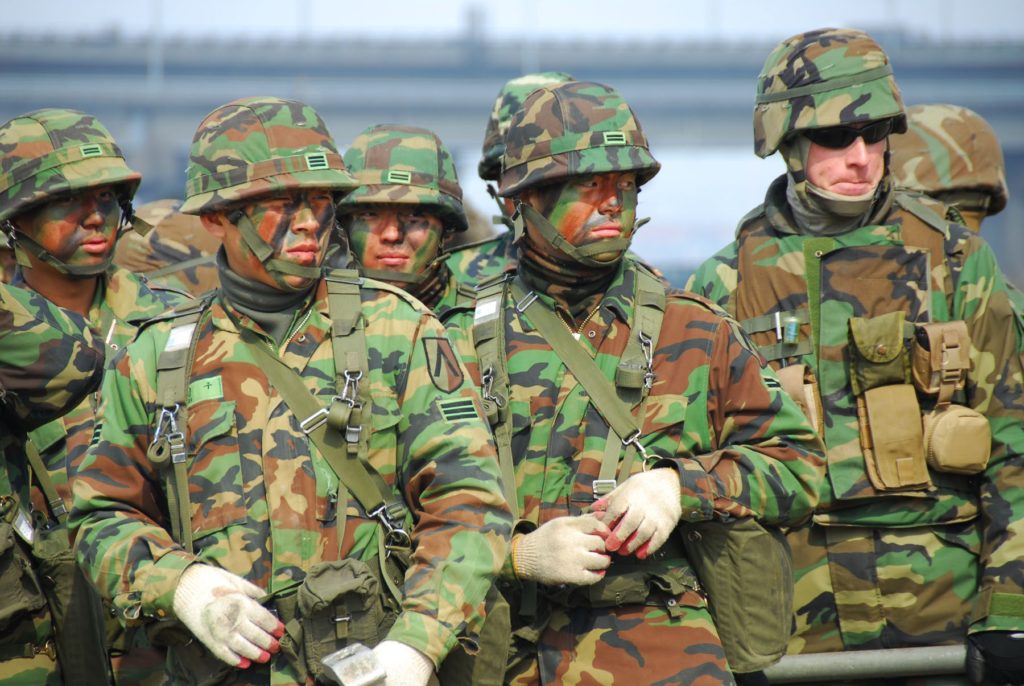The Peninsula
The Trump Presidency and U.S.-Korean Relations

By Mark Tokola
Donald Trump’s upending of conventional political wisdom and political “business as usual” is a historic achievement and marks a realignment of American politics. It will take months, if not years, to sort out the election’s ramifications for domestic policy and politics. Foreign policy, however, does not allow for such a long-term assessment — events will not wait. What can we say about U.S.-Korean relations under the Trump Administration?
First, it is worth recalling the fundamental strength of the U.S.-Korean alliance. It is based on shared values. The United States and the Republic of Korea are democratic societies and free market economies. As such, they are countries that have common global interests, such as freedom of the seas, and a common perspective, such as support for rule of law. They are also closely intertwined by commerce, history, and people-to-people ties. The same American electorate that chose Donald Trump to be the next President also, according to polling, considers the Republic of Korea to be a valued ally. The basic underpinnings of the alliance are strong and unlikely to change.
That is not to say that the change of U.S. Administration, and the election of a new Korean President in 2017, will leave the status quo untouched. Historians have pointed out that most U.S. Presidents have honored most of their campaign pledges. While campaigning, Donald Trump clearly said that allies should take on more of the responsibility for their own defense. In some ways, such as the “OPCON Transfer” that has already been agreed to, this is the direction we are already moving. In others, such as the Special Measures Agreement of Korean financial support for U.S. forces in Korea, we can expect some tough bargaining before an agreement is reached. That might have been expected in any case.
In trade policy, Donald Trump campaigned on a pledge to strike agreements that are more in the U.S. interest. He did not argue for no agreements or for less trade. Again, the global trend was in this direction regardless. The failure of the WTO Doha Round, and resistance to both the Trans Pacific Partnership (TPP) and the Transatlantic Trade and Investment Partnership (T-TIP), showed that further trade liberalization was becoming more difficult, and not only in the United States. European and Asian countries are also questioning the effects of further trade liberalization.
North Korea is unlikely to become less dangerous or less oppressive to its own people. It will pose a challenge to the Trump Administration. It is too soon to predict what the Trump Administration’s policy review of North Korea will conclude. Given the continuing development of North Korea’s nuclear and missile program, a fresh look is warranted.
Given Donald Trump’s overall campaign, the clearest sense of direction was one of “putting America first,” which might be taken as giving priority to domestic policy issues over foreign policy issues. Foreign policy, however, has a way of forcing itself onto the White House’s agenda regardless of the preferences of U.S. Administrations. Barack Obama at the outset of his Administration also promised a domestic focus, but events intervened. When that happens, the United States will still look to her allies, including South Korea.
Mark Tokola is the Vice President of the Korea Economic Institute of America. The views expressed here are his own.
Photo from UNC-CNC-USFK’s photostream on flickr Creative Commons.
